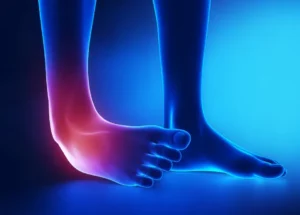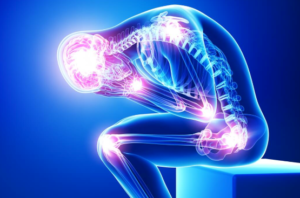When conservative treatments fail to provide relief, spine surgery becomes a viable option. The procedure can restore mobility and reduce pain. Many patients experience an improved overall quality of life. Here are a few of the benefits of spine surgery:
When Surgery Is Needed
Spine surgery becomes a consideration when persistent pain continues despite months of conservative treatment. Physical therapy, medications, and injections may not always provide adequate relief for certain spinal conditions. Patients often experience ongoing discomfort that interferes with daily activities, work performance, and sleep quality.
The decision to proceed with surgical intervention depends on several factors. These factors include the severity of symptoms, the specific condition affecting the spine, and the patient’s response to non-surgical treatments. A thorough evaluation helps determine whether surgical intervention offers the best path forward.
What Conditions are Treated
Spine surgery addresses a wide range of structural problems affecting the back and neck. Common conditions often treated include:
- Herniated discs: Soft disc material pushes through the outer layer, potentially compressing nearby nerves, and surgery can relieve pressure.
- Spinal tumors: Removal of benign or malignant tumors prevents further damage to the spinal cord or nerve roots.
- Arthritis: Surgical correction can address joint deterioration, reduce pain, and improve mobility.
Spinal fractures from trauma or osteoporosis often require surgical stabilization to heal properly. Other structural issues, such as scoliosis or spinal deformities, may also need surgery to prevent progression and alleviate symptoms. These procedures help restore function and reduce discomfort for patients with severe spinal conditions.
Types of Procedures
Several surgical approaches can effectively address various spinal conditions. Discectomy removes portions of damaged disc material pressing on nerve roots. This procedure often provides rapid relief from radiating pain and numbness. Patients may regain mobility and resume daily activities more comfortably after recovery.
Spinal decompression creates more space for the spinal cord and nerves by removing bone or tissue causing compression. It is particularly effective for spinal stenosis, where narrowed spaces lead to significant discomfort. This procedure can reduce nerve pressure and improve overall function.
Spinal fusion connects two or more vertebrae to stabilize painful joint segments. Artificial disc replacement offers an alternative by maintaining motion at the affected level. Both procedures aim to restore spine stability, relieve pain, and improve the patient’s quality of life.
Minimally Invasive Options
Modern spine surgery increasingly employs minimally invasive techniques, offering advantages over traditional open procedures. These approaches employ smaller incisions, specialized instruments, and advanced imaging to achieve precise results. Smaller incisions reduce muscle damage, leading to less post-operative pain and faster recovery. Patients often experience decreased blood loss compared with conventional surgery.
Minimally invasive techniques also promote faster healing and shorter hospital stays. Many patients can return to normal activities sooner and recover in the comfort of their own homes. These procedures provide effective treatment while minimizing disruption to surrounding tissues and daily life.
Benefits of Spine Surgery
Spine surgery at a specialized clinic can improve health and function. Many patients experience reduced back or neck pain within weeks. Restored mobility allows a return to daily activities and increases independence. Surgery may also improve sleep, mood, and overall quality of life. Schedule a consultation at Nova Neuroscience to learn how spine surgery can relieve pain and restore function.















